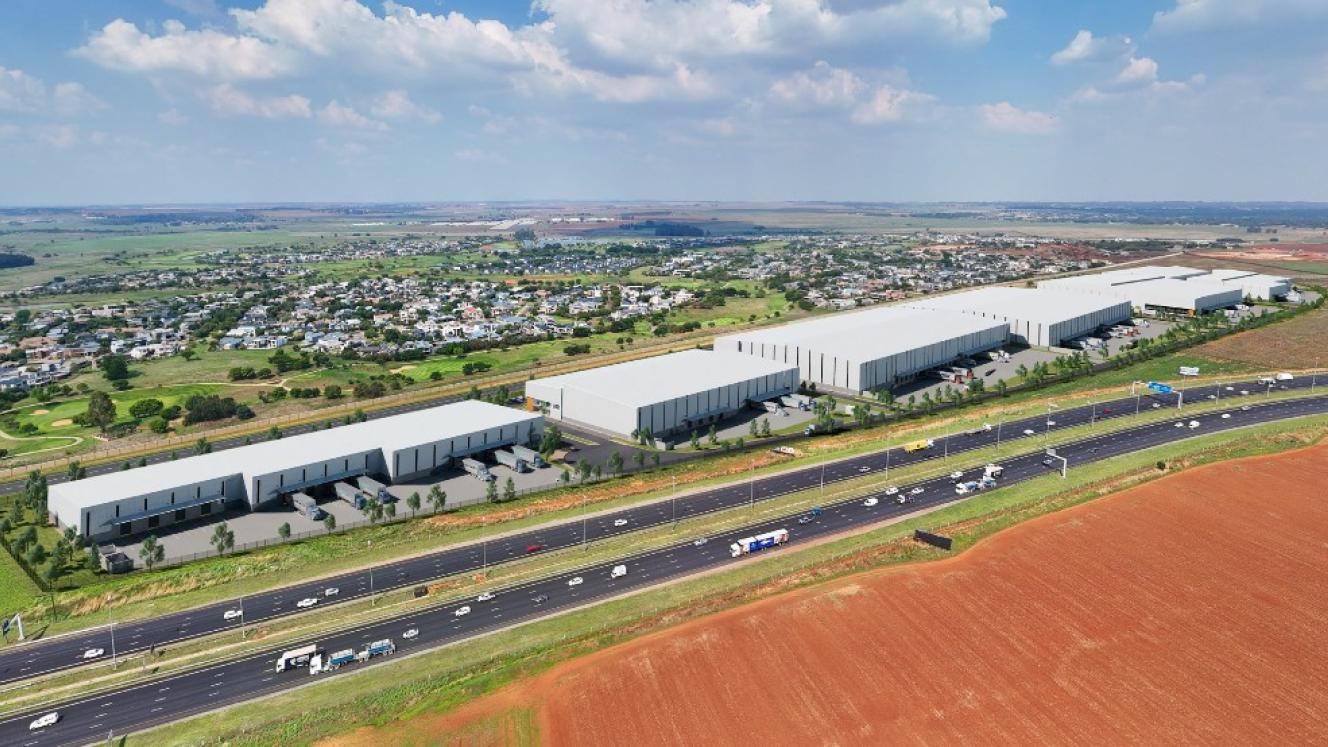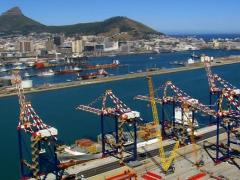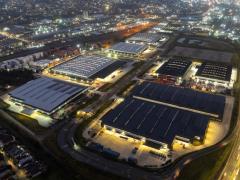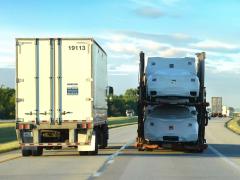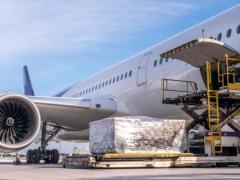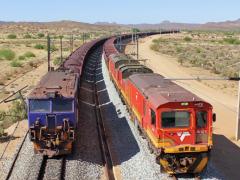The 2024 State of Southern African Citrus Export Logistics and Shipping Report highlights a year of significant logistical constraints that are shared by other exporters and importers.
According to Mitchell Brooke, logistics development manager at the Citrus Growers’ Association (CGA), the South African import and export logistics environment is constrained by the lack of rail transportation linking to road transportation, coupled to underperforming Transnet state-run container terminals.
“Equipment failure at the terminals has been widespread and it is very likely to persist for the time being,” he said.
“Although significant investment has been made in cold storage capacity along the Eastern, Central and Western corridors, set out to provide much-needed capacity, the biggest constraint in the logistics chain lies in the challenge of delivering containers to the terminals in an acceptable timeframe.”
He warned that the demand for refrigerated trucks would soon outstrip supply during peak season.
The state of roads in Mpumalanga and Limpopo in particular were identified as challenges.
There is some progress, with the N11, N3 and N2 as well as extensive municipal and provincial roads within eThekwini undergoing significant road rehabilitation and upgrades.
Rail transportation remained a "formidable logistics challenge", with planned upgrades lacking traction, though the Durban-City Deep Container Corridor network had seen significant restoration and stable operations, said Brooke.
Port and shipping operations were smoothed by the establishment of corridor regions.
Significant investments led to the commissioning of new cold-storage facilities in Durban, City Deep, and Gqeberha in 2024, with more Maersk facilities planned for 2025.
The Hapag-Lloyd Citrus Connect service to Europe was "very successful", exceeding contracted volumes and paving the way for future developments.
Maersk and MSC also introduced new services for the Eastern Cape to Europe.
Investment by the private sector in rail is seen as a “significant milestone”.
There has been closer cooperation between the CGA through regular meetings.
Two of the outcomes are reefer optimisation projects to coordinate the flow of reefers to be rolled out in 2025 and looking at the possibility of using East London for citrus exports.
Climate change is also identified as a major challenge, with Coega and Gqeberha affected by wind through the citrus season, and heavy rains in Durban.
Cape Town experienced unseasonable weather disruptions to port activities in 2024.
“Studies conducted by the CSIR have shown that disruptive weather events will very likely become more common over time,” said Brooke.
“It is therefore imperative that Transnet and industries collaborate to address weather-related disruptions by bringing in countermeasures and contingencies.”

